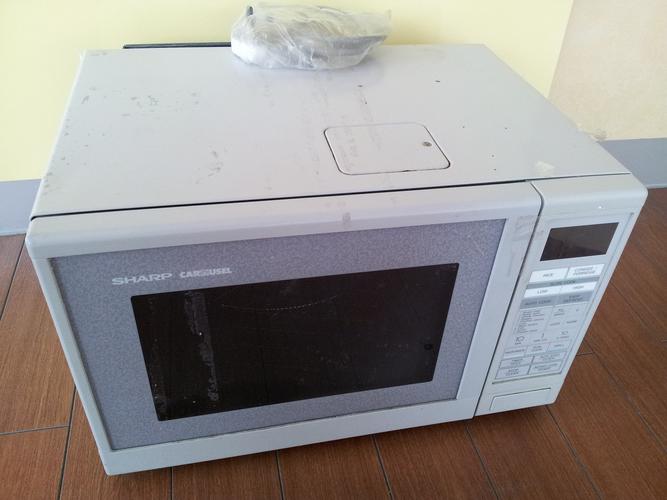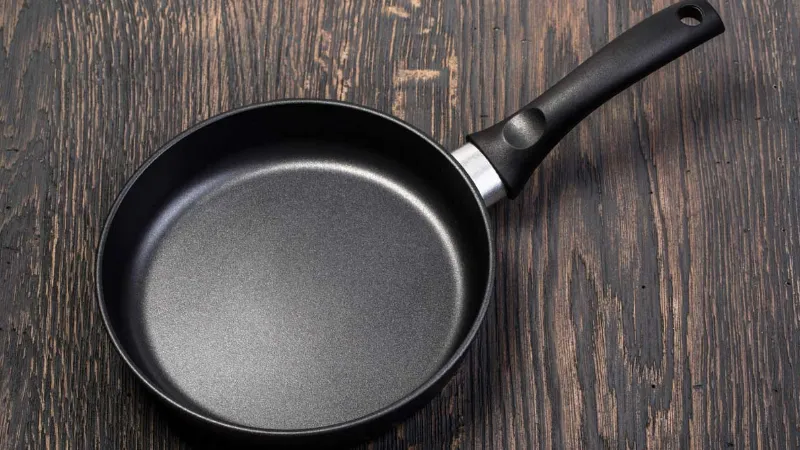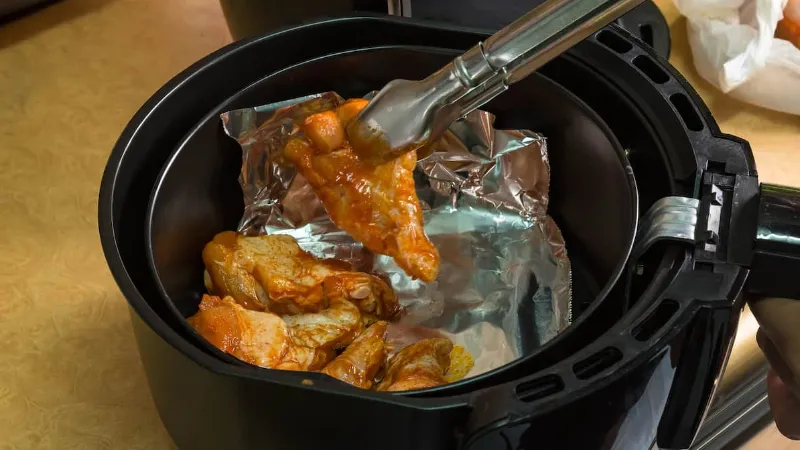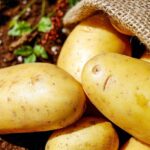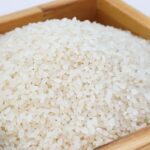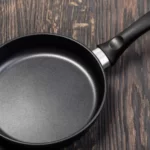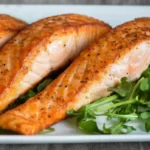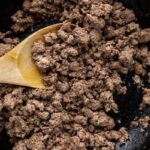How Hot Does A Microwave Get? Quick Answer
How hot does a microwave get? The answer is 212 degrees.
The maximum temperature that can be reached when cooking food products or liquids in a microwave is 212 degrees, but solid foods typically won’t get to that temperature because of evaporation, with the temperature of the outer layers staying lower than the internal temperature.
Table of Contents
How Hot Does A Microwave Get?
Generally speaking, the majority of foods that you microwave can only be heated to a maximum of 212°F (100°C). The highest temperature at that food can be heated in a microwave is this.
You may be wondering why given that food can reach high temperatures in the microwave, I respond to the question of what the maximum temperature a microwave can reach in this manner.
This is so that the temperature of a microwave can’t be determined like that of an ordinary oven. In contrast to conventional ovens, microwaves lack heating elements and do not produce heat on their own; instead, the objects being microwaved do.
The question “what is the highest temperature a microwave can reach?” is therefore essentially impossible to answer.” instead, the question should be “The maximum temperature that objects can achieve in a microwave is what?”
We must examine microwave technology in greater detail in order to comprehend this.
The Highest Temperature Objects Can Reach In A Microwave
Food is heated in a microwave oven by being penetrated by high-frequency radio waves. Food is vibrated and rubbed against by the water molecules when these waves come into contact with it. Because of the heat that is produced by this friction, food is heated in a microwave oven by stirring up water molecules within the food itself.
Until the microwave is turned off or the objects reach their maximum possible temperature, the microwave will keep heating up the objects. The highest temperature that each object can reach varies because different objects have different thermal characteristics.
We can, however, assume that the boiling point of water (100°C or 212°F), is the highest temperature that microwaved food can reach, since we frequently use foods in our microwave ovens, and the majority of them contain water.
All of the water molecules inside the foods have been excited when they reach boiling point, preventing further heating.
What Affects The Temperature In A Microwave?
Of course, almost every home has a microwave. Although all of them use microwaves as their primary heating source, there are some factors that can affect how hot the food gets when it is microwaved.
The following are the most typical elements that impact how hot foods get when microwaved:
Microwave Wattage
Microwave wattage is likely the most crucial thing you need to be aware of among all the elements that influence how hot foods get when microwaved. It varies from 500 to 1,200 watts depending on the size of the Magnetron, which is the component of your microwave oven that emits microwaves.
Higher wattage microwaves can heat food more quickly than those with lower wattages, in terms of microwaves. Power, however, is not always better, so keep that in mind.
Microwaves with wattages between 700 and 1000 watts are sufficient for the majority of cooking and heating tasks. For the majority of cooking tasks, anything less than 700 watts is insufficient. For instance, cooking with 700 watts in a microwave is equivalent to doing so at 350 degrees in a conventional oven.
Your food will heat up faster by 10% for every 100 watts of added power. Let’s say, for illustration, that your preferred recipe calls for you to microwave something for two minutes on high in a 700-watt appliance.

To avoid overcooking your food when using a 1,000-watt microwave, you must either reduce the cooking time or the power level by 30%. This means that you should either reduce the cooking time to 1 minute 40 seconds or increase the power level to 7.
The issue with many people today is that they don’t know how many watts their microwaves are using. You can check your microwave’s manual, the inside of the door, the back, or the bottom of the appliance to find out how many watts it has.
Water In The Food
We can expect foods to heat up in the microwave, as was previously mentioned, only when they contain water. The microwaves won’t be able to heat anything in an object that has no water in it when placed in the microwave.
But because the amount of water in different foods varies, the time it takes for food to heat up also depends on the amount of water in the food. For instance, vegetables and fish heat up in the microwave more quickly than other foods because they contain more water.
Food Size And Shape
You should use the appropriate-sized container when cooking in the microwave because the size and shape of your food items can also affect how hot they get when heated in the microwave. Larger foods typically take longer to heat than smaller ones do.
The Temperature Of The Food
Even if you microwave a small, cold piece of meat, it will still take longer to heat up than a larger piece of meat that is already at room temperature. Similarly, if your food is frozen when you put it in the microwave, you should expect it to take longer for it to heat up.
How Long Does A Microwave Take To Cool Down?
The microwave doesn’t really warm up. The food or substance inside is what heats up. Furthermore, the microwave itself generates the heat that warms the food. Therefore, it is important to pay attention to a microwave as soon as it becomes hot.
The microwave is equipped with a number of mechanisms that prevent overheating. Food or other substance contained therein absorbs the heat produced. The air vent is another feature that aids in microwave ventilation. Additionally, each microwave has a built-in fan to help regulate the heat so that it doesn’t remain at a single level for too long.
Microwaves self-shut down when they become too hot. Every time the microwave gets too hot, an inbuilt overheat sensor is triggered, shutting it down. This is how microwaves work, and it makes them safe to use.
If So, How Long Do They Stay In Food?
No, this is a persistent urban myth similar to the one about gamma rays causing mutations that has long since been debunked by science. According to the World Health Organization, microwave ovens behave similarly to light bulbs in that they completely stop emitting electromagnetic radiation when turned off.
If So, Is It A Good Idea To Boil Water In A Microwave?
Yes, you can boil water in a microwave. In fact, a microwave can only cook food to 212 degrees Fahrenheit, which is the boiling point of water.) Since electromagnetic waves don’t leave radiation in the water, generally speaking, it’s just as secure as using any other method to boil water.
Should The Outside Of A Microwave Get Hot?
Although a microwave’s exterior cabinet or body may occasionally warm up while steaming food, it shouldn’t ever actually get hot since, unlike with conventional cooking, the food is the only thing heated while it is being used. You should not use your microwave if it becomes hot while operating because this could indicate a potentially dangerous electrical problem. Instead, call a repairman if this occurs.
Conclusion
How hot does a microwave get?
There isn’t really a limit to the highest temperature a microwave can reach because they lack heating elements like conventional ovens do. The object being microwaved produces the heat, not the microwave. The highest temperature that most foods can reach, however, is about 212°F (100°C), as most foods contain some amount of water.

